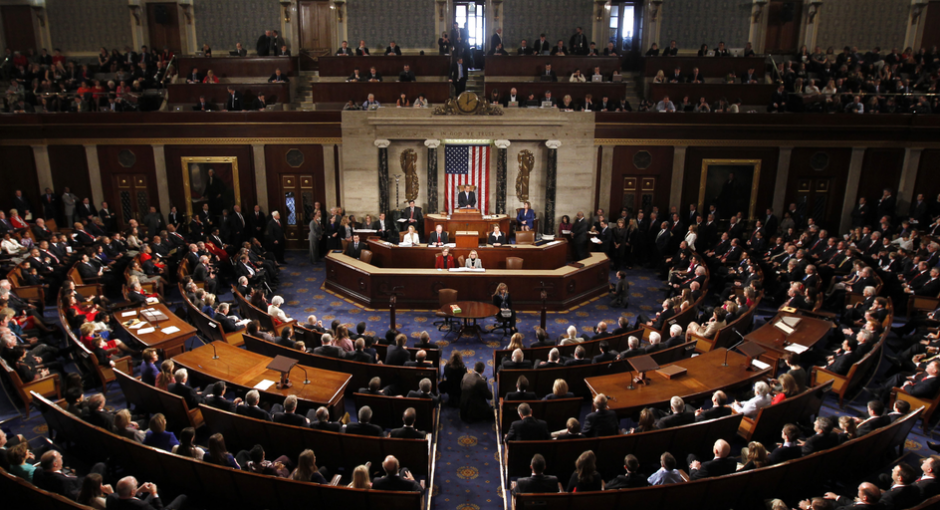The U.S. House last night passed a $1.5 trillion omnibus appropriations bill with language to help hospitals whose admission patterns have been so disrupted by COVID-19 that their Medicare disproportionate share (DSH) adjustment percentages have fallen below the levels needed to remain in 340B.
There would be no retroactive drug discounts for hospitals already forced out of 340B and exemptions from the DSH percentage requirement would last only through Dec. 31, 2022.
The Senate is expected to take up the bill, which funds all federal agencies and provides aid to Ukraine, as early as today. Final passage is expected either on Friday or early next week. The Senate has a little bit of wiggle room since the House also passed a separate bill to keep the government open through March 15. President Biden has said he will sign the bill.
Hospitals groups have been pressing Congress to waive the minimum DSH percentage requirement for hospitals that began participating in 340B either before or during the COVID public health emergency. Bipartisan bills have been introduced in the House and Senate but neither has advanced.
Hospitals would get less relief under the omnibus appropriations bill language than they would get under either of the standalone House or Senate bills.
Based on information from an American Hospital Association (AHA) summary of the appropriations bill language, to get an exception to the DSH percentage requirement, a hospital
- must comply with all other 340B program requirements
- must have been actively participating in 340B at least one day before the public health emergency began
- must have lost its 340B eligibility during a Medicare cost reporting period that began in 2020 or a subsequent year but that does not end after Dec. 31, 2022
- must attest to the Secretary of Health and Human Services (HHS) about how the COVID-19 emergency affected their ability to meet the DSH percentage requirement.
“Access to the 340B drug discounts would be available only from the date of the bill’s enactment through the end of 2022 and not retrospectively,” the AHA summary said. While affected hospitals are certainly relieved that they will be able to re-enroll in the 340B program, they are disappointed that they won’t be receiving refunds on the millions of dollars in 340B savings they believe they lost unfairly during the pandemic.
Hospital Groups’ Comments
Aimee Kuhlman, vice president of federal relations for the AHA, said yesterday that her group “appreciates Congress’ effort to restore some access to the 340B program for hospitals that lost eligibility to the program due to COVID-19-related changes to their payer mix.”
“We are pleased that these affected 340B hospitals and their patients will be able to benefit from the program as they continue to weather the financial and operational challenges of the pandemic,” Kuhlman said.
Beth Feldpush, America’s Essential Hospitals senior vice president of policy and advocacy, said yesterday, “Although we continue to analyze this proposal and cannot comment on its specifics, we appreciate Congress’ support of the 340B program and its many benefits for low-income and marginalized patients.”
The Association of American Medical Colleges said yesterday, “We appreciate that the bill would maintain access to the 340B drug pricing program, which benefits patients and communities served by safety net institutions, by protecting program eligibility of covered entities during the current public health emergency. We urge Congress to pass this bill without delay to help improve the health of people everywhere.”
A spokesperson for hospital group 340B Health said yesterday it “strongly supports the language to protect hospitals from losing 340B eligibility because of pandemic-related shifts in patient care.”
“We worked closely with program champions on both sides of the aisle to address this problem. We applaud congressional leaders for including protections in the government spending bill, and we urge Congress to pass the provisions,” 340B Health said.


